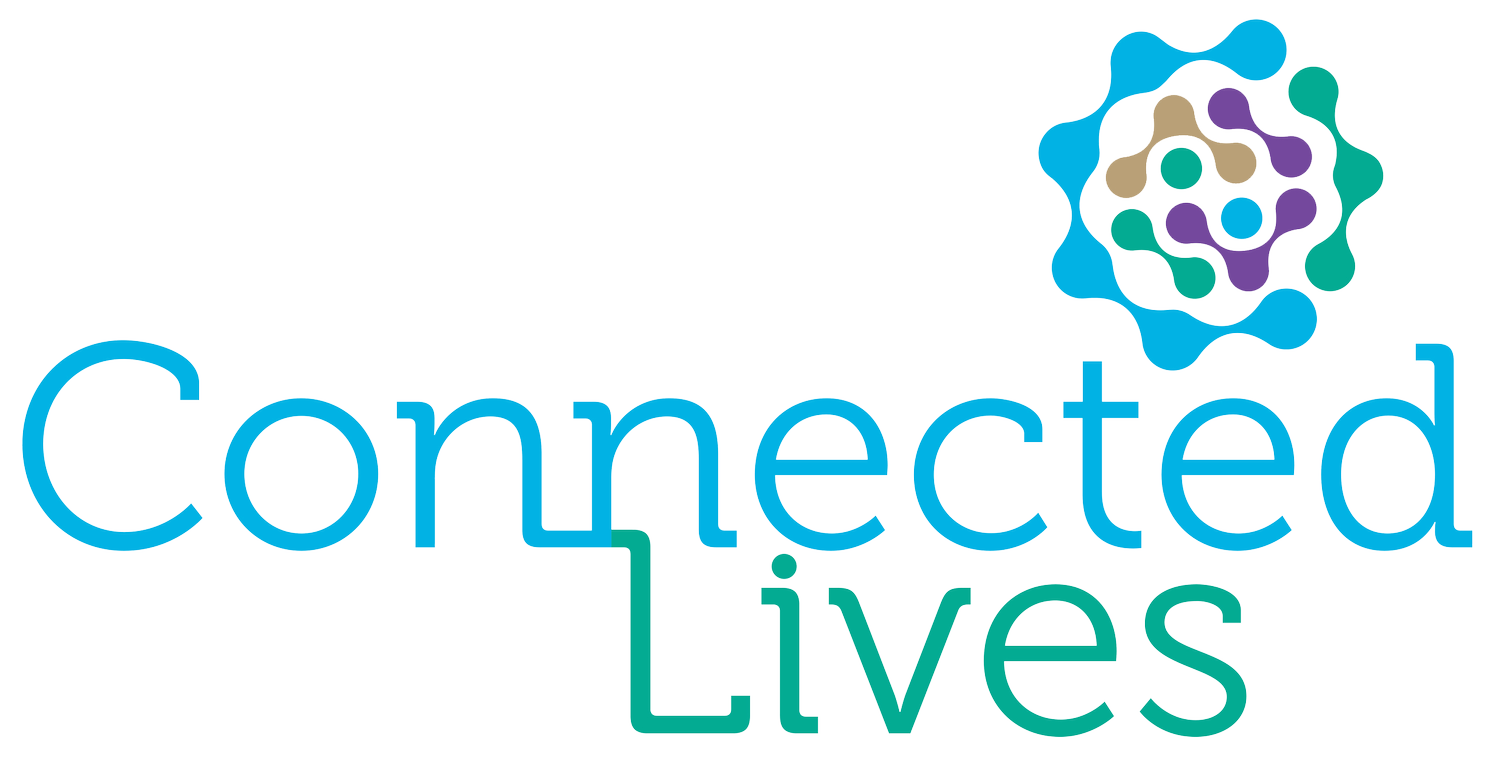The ABC’s of Transitions
You don't need me to tell you that the last 18 months have been generally unsettling and at times downright awful for many of us. As the school term draws to a close all of our children are facing transitions. For some it's the relatively straightforward Year 4 to Year 5 or Year 10 to Year 11. For others the transitions are more significant and maybe more tricky to handle.
Schools have been phenomenal in how they have managed this extraordinary year, continuing to provide face to face teaching to so many children even in height of lock down. Add to that to navigating the transition to online learning, teaching bubbles, keeping covid-secure with hundreds of potential spreaders running around and endless uncertainty about exams and we probably all agree that teachers deserve seriously nice end of year gifts this time around!
Despite this incredible job transitions are likely to be much harder for our children right now. The normal 'rites of passage'; trips away, last ever Christmas fairs, school plays, tearful leavers assembly etc etc haven't necessarily happened. Children may only have seen new schools, nurseries or even universities online and this can leave them feeling understandably more apprehensive about what is to come. So is there anything we as parents can do to help? A colleague and friend, Dr Kathryn Hollins, and I did some thinking on this and here's what we came up with. For anyone interested we also recorded a webinar on exactly this which be up on the Connected Lives Website to view.
A - Anticipate
Children need to have adults around them who can help them make sense of their world and who are unafraid of talking about difficult emotions. Anticipating and talking about times of change enables children to feel more in control and calmer.
We know that how parents prepare children for key transitions is vital. Nursery and Primary aged children can be helped enormously by a 'walk and talk' . If you are going to a totally new place how about trying a physical practice walk and a talk through what will happen: "When we come for your first day, I'll drop you here, we'll say "hello" and go in there then Mrs A will show you where to put your coat… etc. Mrs A your teacher will be with you and I will come back later". Drawing out a pictorial plan of the day can really help some children to feel clearer and more confident. With older children you might not need to do a practice run (although in London, some practice runs on 'what to do if your preferred method of public transport doesn't work isn't a bad idea) but a chat around their expectations, hopes and fears can elicit what's really going on in their minds and gives them permission to talk about what they are feeling with you. Which leads us nicely on to:
B - Being With
'Being With' emotions, is a brilliant phrase and concept coined by the originators of Circle of Security Parenting® which we love. In this context 'being with' their emotions might be about accepting that a loss has occurred for them, that they are sad. Having adults willing to help them in this way is the fastest way to make children feel more resilient, more able to look ahead, more able to make the transitions. We won’t necessarily be able to fix things, but having adults show they get it, helps children become more resilient.
C - Celebrating each step
As parents we want to be less concerned about 'catch up' and more concerned about celebrating each step. We know that children learn best when they feel safe and understood by their carers and teachers. This process, particularly for children who've had such disruption, involves so many vital but necessary steps. Here's some of the steps I identified but I'm sure you can add to them. Each step is important and we cannot rush the process of children feeling safe and understood by their teachers, and relaxed with friends.
As Bigger Stronger Wiser Kind parents we want to be helping our children go at their own pace, to celebrate the small steps that help them get to an emotional place where they can begin to learn more effectively. Long term this is more important than parts of curriculum that they might have missed.
So as you help navigate your children through these transitional waters, practice your ABC's and remember, together you've got this.
Jenny Peters - Director, Connected Lives

